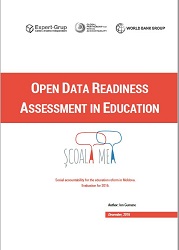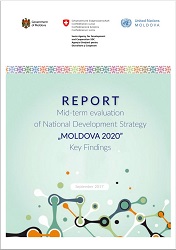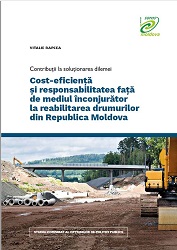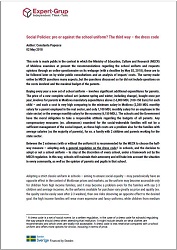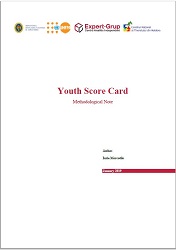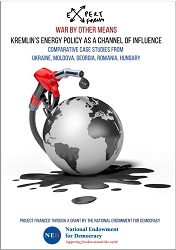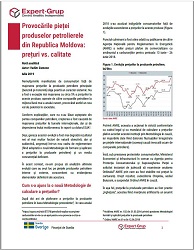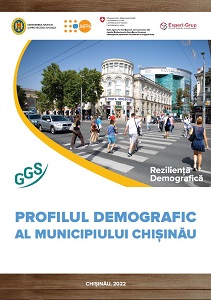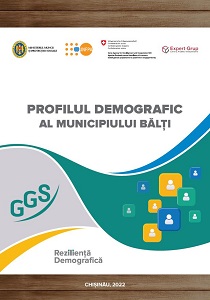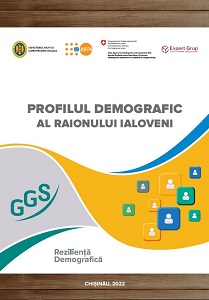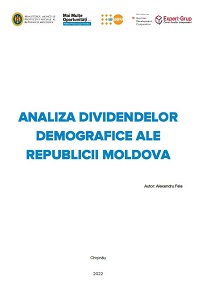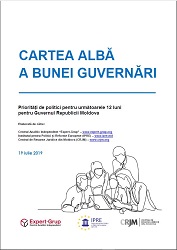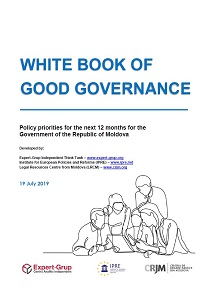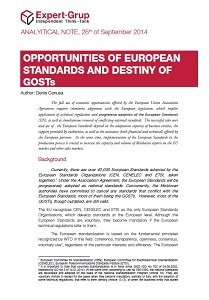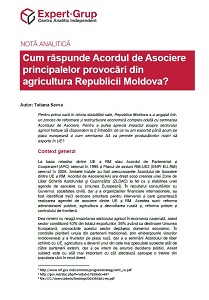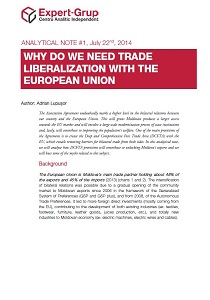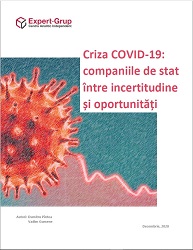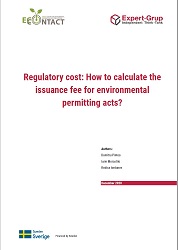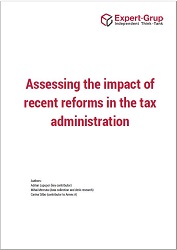
Assessing the Impact of recent Reforms in the Tax Administration
Assessing the Impact of recent Reforms in the Tax Administration
Keywords: tax administration of Moldova,
During 2014-2015, the Main State Tax Inspectorate (STS) of Moldova, supported by SIDA, as well as other donors (World Bank, IMF, USAID/BRITE and EU), implemented a series of fundamental reforms. The interventions were primarily aimed at increasing the efficiency of tax administration and stimulating the voluntary fiscal compliance by easing the communication and interaction between fiscal authorities and taxpayers. This report aims to undertake an assessment of the net impact of these reforms. The analysis will be based on econometric, statistical, as well as qualitative methods, reflecting the evolution of the fiscal system in the last couple of years, with a primary focus on tax collections and interaction with the taxpayers.
More...
